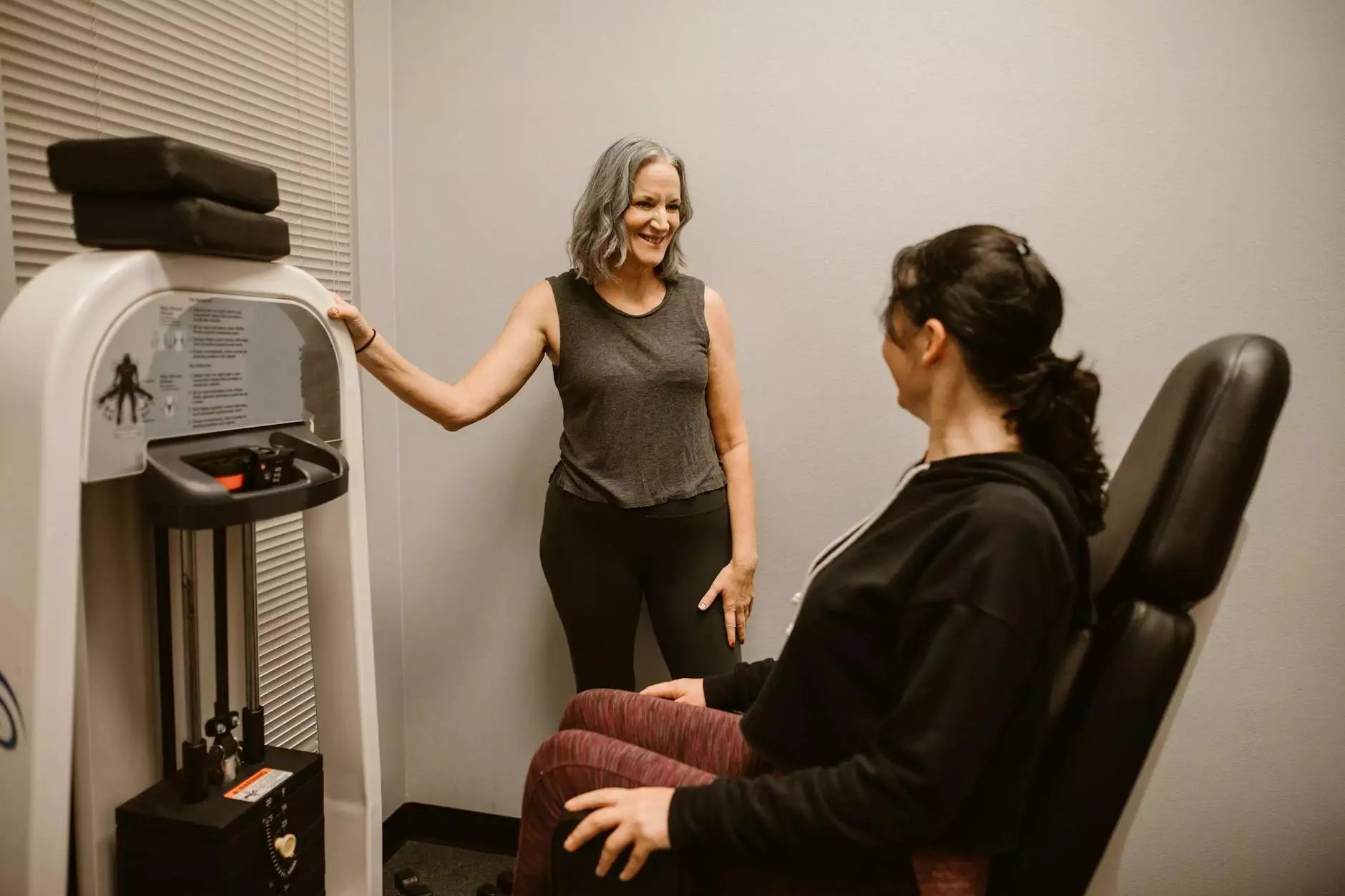Understanding Endometriosis: Insights from an Endometriosis Expert

Endometriosis is a complex and often misunderstood condition that affects millions of women worldwide. As an established endometriosis expert, it is my mission to provide comprehensive information about this disorder, its symptoms, diagnosis, treatment options, and how to improve the quality of life for those affected. In this article, we will delve into the intricacies of endometriosis, providing insights and practical advice based on the latest medical research and clinical practices.
What is Endometriosis?
Endometriosis is a chronic medical condition in which tissue similar to the lining of the uterus, known as the endometrium, grows outside of the uterus. This can occur on the ovaries, fallopian tubes, and other organs within the pelvic cavity. It is estimated that approximately 10% to 15% of women of reproductive age suffer from endometriosis, but many remain undiagnosed due to the variability of symptoms.
Symptoms of Endometriosis
The symptoms of endometriosis can vary widely among individuals, but the most common include:
- Painful Periods (Dysmenorrhea): Severe menstrual cramps that can start before and extend several days into a menstrual period.
- Pain during Intercourse: Pain during or after sexual intercourse is a common complaint.
- Pain with Bowel Movements or Urination: Typically observed during menstrual periods, although it can occur at other times.
- Excessive Bleeding: Heavy periods (menorrhagia) or bleeding between periods.
- Infertility: Endometriosis is a significant factor in infertility, affecting approximately 30% to 50% of women with the condition.
- Other Symptoms: Fatigue, diarrhea, constipation, bloating, and nausea, especially during menstrual periods.
Diagnosis of Endometriosis
Diagnosing endometriosis can be challenging due to the variability of symptoms and the overlap with other conditions. Here are the common steps taken to confirm a diagnosis:
- Medical History: A detailed medical history is taken to understand symptoms and their impact on daily life.
- Pelvic Exam: A healthcare provider may perform a pelvic exam to check for cysts or scars behind the uterus.
- Imaging Tests: Ultrasound and MRI can help identify cysts associated with endometriosis.
- Laparoscopy: This is the definitive method for diagnosing endometriosis. A surgeon uses a small camera to view the pelvic organs and can also take tissue samples for biopsy.
Treatment Options for Endometriosis
Although there is currently no cure for endometriosis, there are various treatment options available to help manage symptoms and improve the quality of life:
1. Pain Management
Over-the-counter pain relief medications, such as NSAIDs (e.g., ibuprofen, naproxen), can help alleviate mild to moderate pain associated with endometriosis.
2. Hormonal Therapies
Hormonal treatments aim to reduce or eliminate menstruation, thereby slowing the growth of endometrial tissue. Common options include:
- Hormonal Birth Control: Pills, patches, or vaginal rings.
- Progestin Therapy: Injections or intrauterine devices (IUDs) can help relieve symptoms.
- GnRH Agonists: Medications that induce a temporary menopause-like state.
3. Surgical Options
For women with severe symptoms or those who wish to become pregnant, surgery may be required to remove endometrial growths:
- Laparoscopic Surgery: Minimally invasive procedures to remove as much endometrial tissue as possible.
- Abdominal Surgery: More extensive procedures may be an option for women with significant endometriosis.
4. Lifestyle Changes
Incorporating healthy lifestyle changes can also help manage symptoms. These may include:
- Diet: Focusing on anti-inflammatory foods such as fruits, vegetables, whole grains, nuts, and fish.
- Exercise: Regular physical activity can help reduce pain and improve overall health.
- Stress Management: Techniques such as yoga, meditation, and therapy can play a beneficial role.
The Importance of an Endometriosis Expert
Finding a qualified endometriosis expert is pivotal for accurately diagnosing and effectively treating the condition. An expert can provide tailored treatment plans and support that consider the unique needs and circumstances of each individual. At Dr. Seckin's clinic, we utilize a comprehensive approach, combining advanced medical treatments with holistic practices to ensure that every patient receives the care they deserve.
Conclusion
Endometriosis is not just a condition but a complex disease that significantly impacts the lives of women. By empowering ourselves with knowledge and seeking the guidance of an endometriosis expert, we can better navigate the challenges associated with this disorder. It is essential to understand that while endometriosis may present obstacles, with the right care, treatment, and support, individuals can lead fulfilling lives.
If you or someone you know is struggling with endometriosis, do not hesitate to seek professional help. At Dr. Seckin's clinic, we are committed to providing cutting-edge treatment and empathetic care to help you manage endometriosis effectively.









